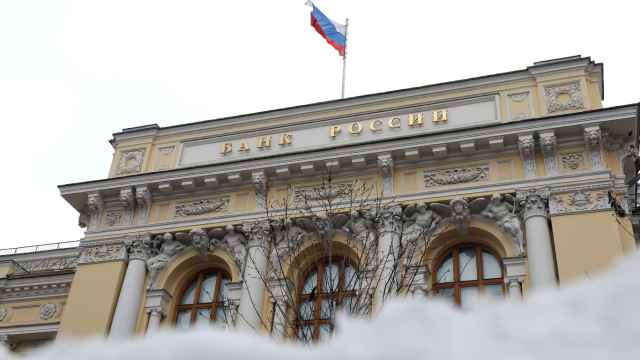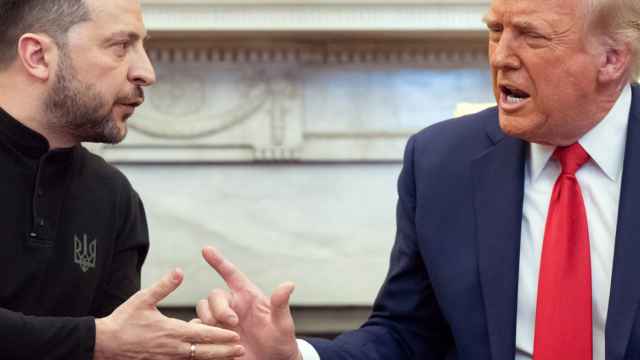Since Thursday is the first day of the school year, this is a good time to examine the state of Russia’s educational system.
It is misleading to ask the standard chicken-and-egg question of whether the country should first build a democracy and then a stronger economy, or the other way around. This question misses the point because if there are no improvements made to education, Russia will come out on the losing end on both the economy and democracy.
Of course, more knowledge does not necessarily mean more wisdom, but perhaps it would at least inspire more thoughtful discussion on the main problems facing the educational system. For example, the main problem with the Unified State Exam is not the multiple-choice format or the quality of the questions themselves. The problem is that the new system forces students to focus all their efforts on passing tests in two or three main subjects and makes every other subject irrelevant. It is frightening to imagine what type of voters these students will become.
The authors of the state exam tried to create a standardized tool for entering universities that would eliminate bribes for matriculation and give children from provincial schools better access to higher education. Those are admirable goals, but they are not the main problem facing Russian education today.
We often hear that the lack of funding is the main problem with the country’s education, but this is not true. The State Statistics Service reports that 6 million people — or 8.9 percent to 9.7 percent of the overall work force — were employed in the field of education in 2009. This is on a par with levels in the United States and higher than in many European countries.
But only 146,000 teachers work in vocational schools as compared with the 1.3 million who staff ordinary grade schools and high schools. This indicates that the process of reindustrialization that many believe is crucial to the country’s modernization is doomed to fail.
In the new school year, we can expect to see plenty of dramas about the trials and tribulations of Russia’s schools. This may blow off some steam but will do little to improve the underlying problems in the country’s education system.
Konstantin Simonov, director of the National Energy Security Foundation, is a columnist for Vedomosti, where this comment appeared.
A Message from The Moscow Times:
Dear readers,
We are facing unprecedented challenges. Russia's Prosecutor General's Office has designated The Moscow Times as an "undesirable" organization, criminalizing our work and putting our staff at risk of prosecution. This follows our earlier unjust labeling as a "foreign agent."
These actions are direct attempts to silence independent journalism in Russia. The authorities claim our work "discredits the decisions of the Russian leadership." We see things differently: we strive to provide accurate, unbiased reporting on Russia.
We, the journalists of The Moscow Times, refuse to be silenced. But to continue our work, we need your help.
Your support, no matter how small, makes a world of difference. If you can, please support us monthly starting from just $2. It's quick to set up, and every contribution makes a significant impact.
By supporting The Moscow Times, you're defending open, independent journalism in the face of repression. Thank you for standing with us.
Remind me later.





